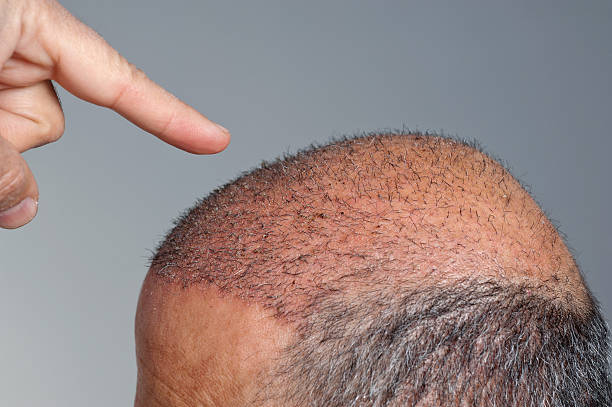Rediscovering the Power of Unhurried Living
In today's fast-paced society, everyone seems to be in a hurry. We rush through our meals, our conversations, and even our leisure activities. However, this unending haste isn't beneficial to our health or our happiness. In this article, we'll delve into the history and cultural significance of slow living, it's reemergence in modern society, and the impact it's having on our lives.

The Origins of Slow Living
Slow living is not a new concept. It has its roots in the slow food movement that originated in Italy during the 1980s as a protest against fast food. The slow food movement advocates for the preservation of traditional and regional cuisines and promotes farming of plants, seeds, and livestock characteristic of the local ecosystem. This concept was later expanded to encompass other aspects of life, giving rise to the slow living movement.
The Reemergence of Slow Living in Modern Society
In recent years, slow living has made a comeback, thanks to the increasing awareness about mindfulness and the benefits of a slower pace of life. The fast-paced nature of modern society often leads to stress and burnout, prompting many people to seek out slower, more mindful ways of living. This trend has led to the rise of slow living communities, workshops, and retreats worldwide.
The Societal Impact of Slow Living
The slow living movement is more than just a lifestyle choice; it’s a cultural shift that’s causing us to rethink our values and priorities. By choosing to live slowly, we’re rejecting the consumerist mentality that equates happiness with material possessions and success with busyness. Instead, we’re choosing to value quality over quantity, relationships over achievements, and experiences over possessions. Research indicates that this shift towards slow living is leading to improved mental health, increased happiness, and a more sustainable way of life.
The Benefits of Slow Living
Slow living has numerous benefits, both for individuals and society as a whole. On a personal level, slow living can lead to improved mental health, increased mindfulness, and a greater appreciation for the simple things in life. It can also lead to stronger relationships, as we take the time to truly connect with others instead of rushing through interactions. On a societal level, slow living can contribute to sustainability, as it encourages mindful consumption and a greater appreciation for nature.
The Future of Slow Living
The slow living movement is not just a passing trend; it’s a cultural shift that’s here to stay. As more people discover the benefits of slow living, it’s likely that this movement will continue to grow and evolve. It’s also likely that we’ll see more businesses and organizations adapting to this new way of life, offering products and services that align with the values of slow living.
In conclusion, slow living is a powerful antidote to the fast-paced, stress-filled lives many of us lead. By choosing to live more slowly, we can improve our health, happiness, and relationships, and contribute to a more sustainable and mindful society. So why not give it a try? Enjoy a leisurely meal, take a slow walk in nature, or simply sit and savor the moment. By slowing down, you might just discover a richer, more fulfilling way of life.




